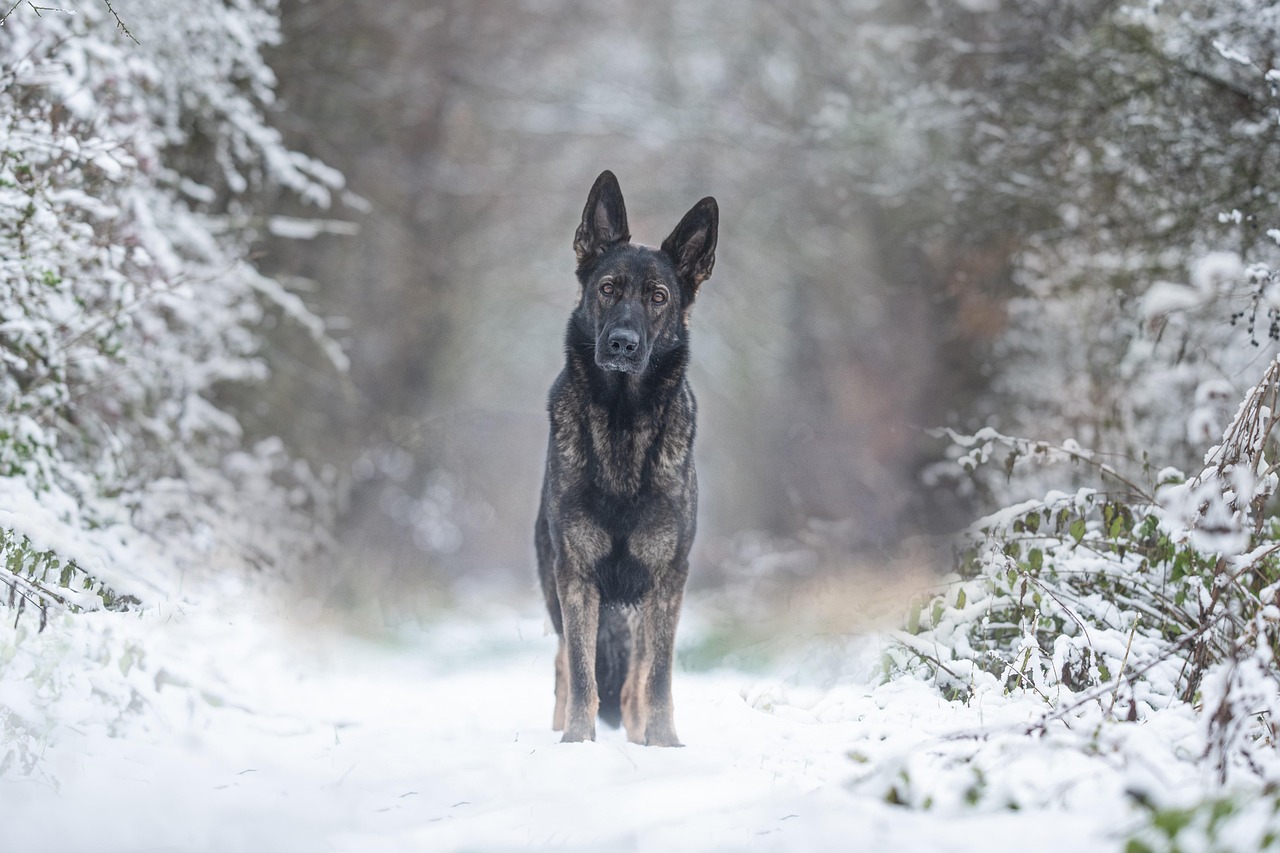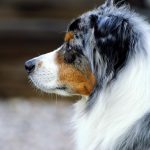German Shepherds are loyal, courageous, and incredibly intelligent. Known for their work as police, military, and service dogs, they’re also loving companions in the right homes. But they’re not a “set-it-and-forget-it” breed.
If you’re thinking about adopting a German Shepherd, here’s a full guide to help you decide if this powerful, intelligent breed is a good match for your lifestyle.
🐕 Temperament: Loyal, Protective, and Attentive
German Shepherds are:
- Deeply loyal to their families
- Naturally protective (they may be suspicious of strangers)
- Often described as confident, alert, and serious-minded
- Devoted and affectionate with their people
They’re not usually the “everyone’s best friend” type. Their loyalty is selective—and strong.
🧠 Trainability: Highly Intelligent and Responsive
GSDs are one of the most trainable breeds:
- Learn new commands very quickly
- Thrive with consistency and leadership
- Excel in obedience, tracking, protection, agility, and service work
They need training—without it, their strong personalities can lead to dominant or reactive behaviors. German Shepherds do best when they know the rules and feel useful.
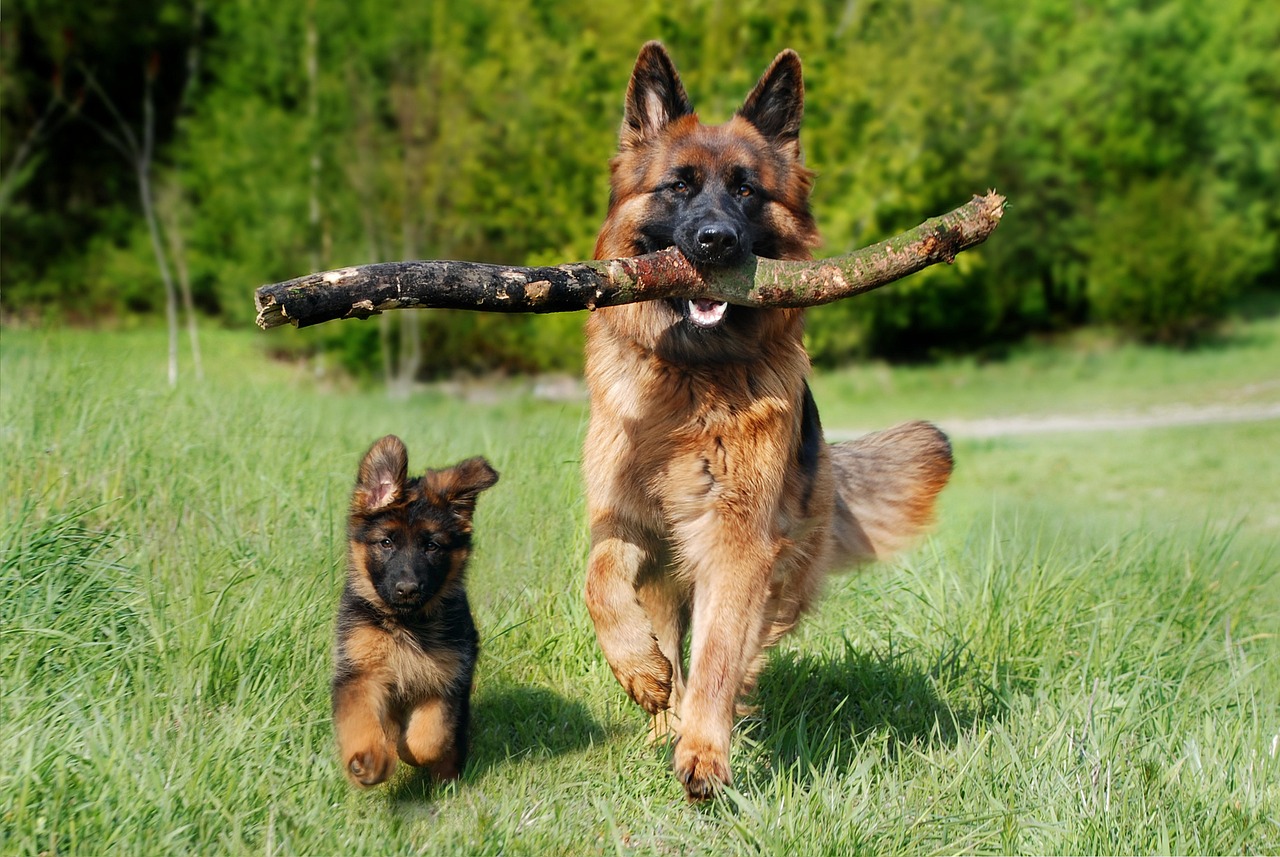
⚡ Energy Level: High Drive and Purposeful
German Shepherds have strong physical and mental energy:
- Require at least 1–2 hours of daily exercise
- Enjoy walks, hikes, running, training drills, and problem-solving games
- Bored Shepherds can become anxious, noisy, or destructive
This is not a couch potato breed. They’re working dogs and happiest when active and engaged.
🧼 Grooming & Shedding
Their coat may not look high-maintenance—but it is:
- They shed constantly, with a double coat that “blows” heavily twice a year
- Brushing several times a week (daily during shedding season) is essential
- Regular baths help control dander and loose fur
German Shepherds are known as “German Shedders” for a reason!
🩺 Health Overview
German Shepherds are generally strong and resilient but are prone to:
- Hip and elbow dysplasia
- Degenerative myelopathy (a progressive spinal condition)
- Bloat (gastric torsion) — a life-threatening emergency
- Skin allergies and ear infections in some lines
Average lifespan is 9–13 years with good care and responsible breeding.
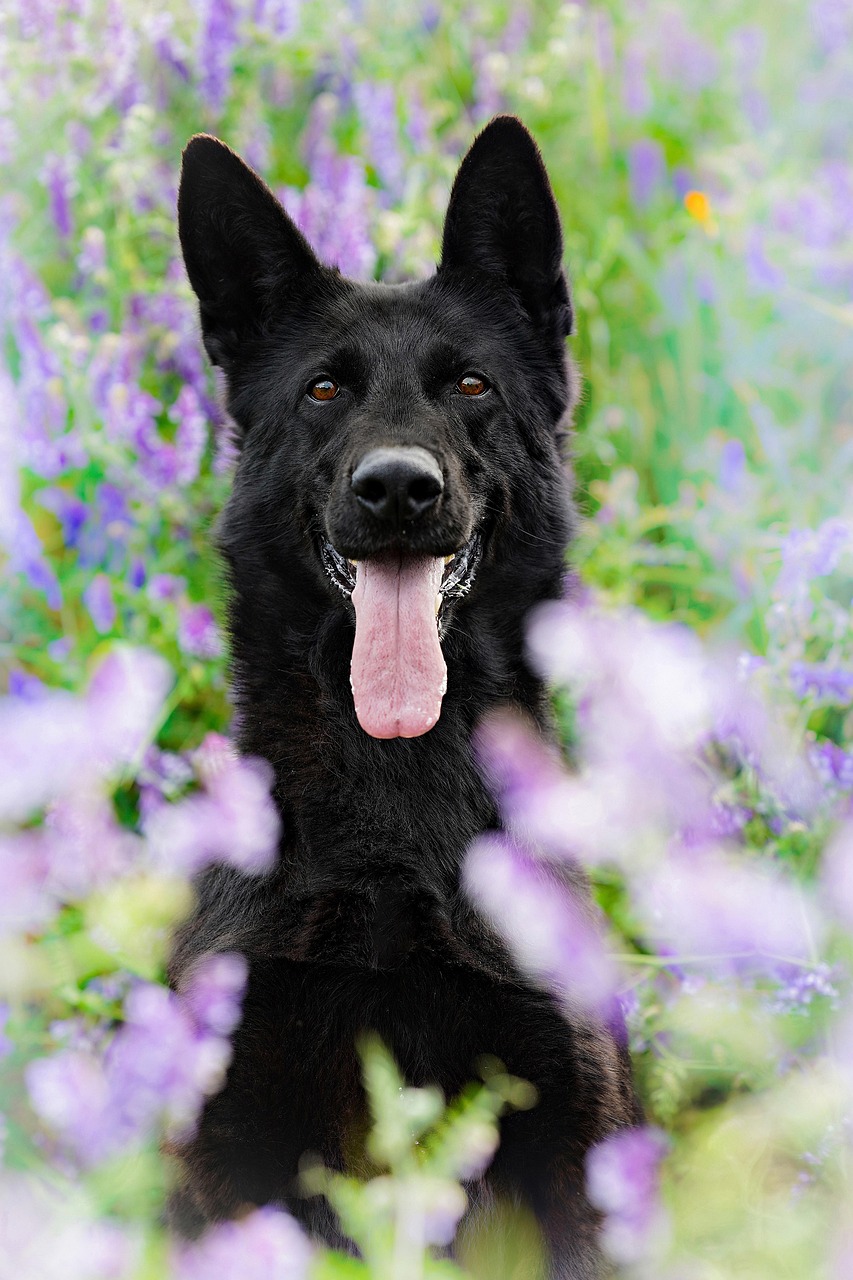
🏡 Lifestyle Fit
Before adopting, ask:
- Can you commit to daily training and structured exercise?
- Are you confident and calm around powerful, high-drive dogs?
- Can you provide boundaries and routine?
GSDs do best in homes with experienced owners or people willing to invest in training. They’re not ideal for first-time dog owners without a plan.
🍗 Feeding & Nutrition
Feeding tips:
- High-quality, protein-rich food supports their muscular build and activity level
- Most adults need 3–4 cups of food per day, depending on size and activity
- Divide meals into two to help prevent bloat
Work with your vet to choose a balanced diet and watch their weight—Shepherds can gain fat quickly if under-exercised.
🐾 Puppy vs. Adult
Puppy Shepherds are:
- Highly active, mouthy, and a little intense
- Prone to fear periods and need steady, early socialization
- Incredibly trainable—but can also be stubborn or reactive if not guided well
Adult GSDs from rescues or rehomes often have basic training and may be more stable emotionally for first-time owners.
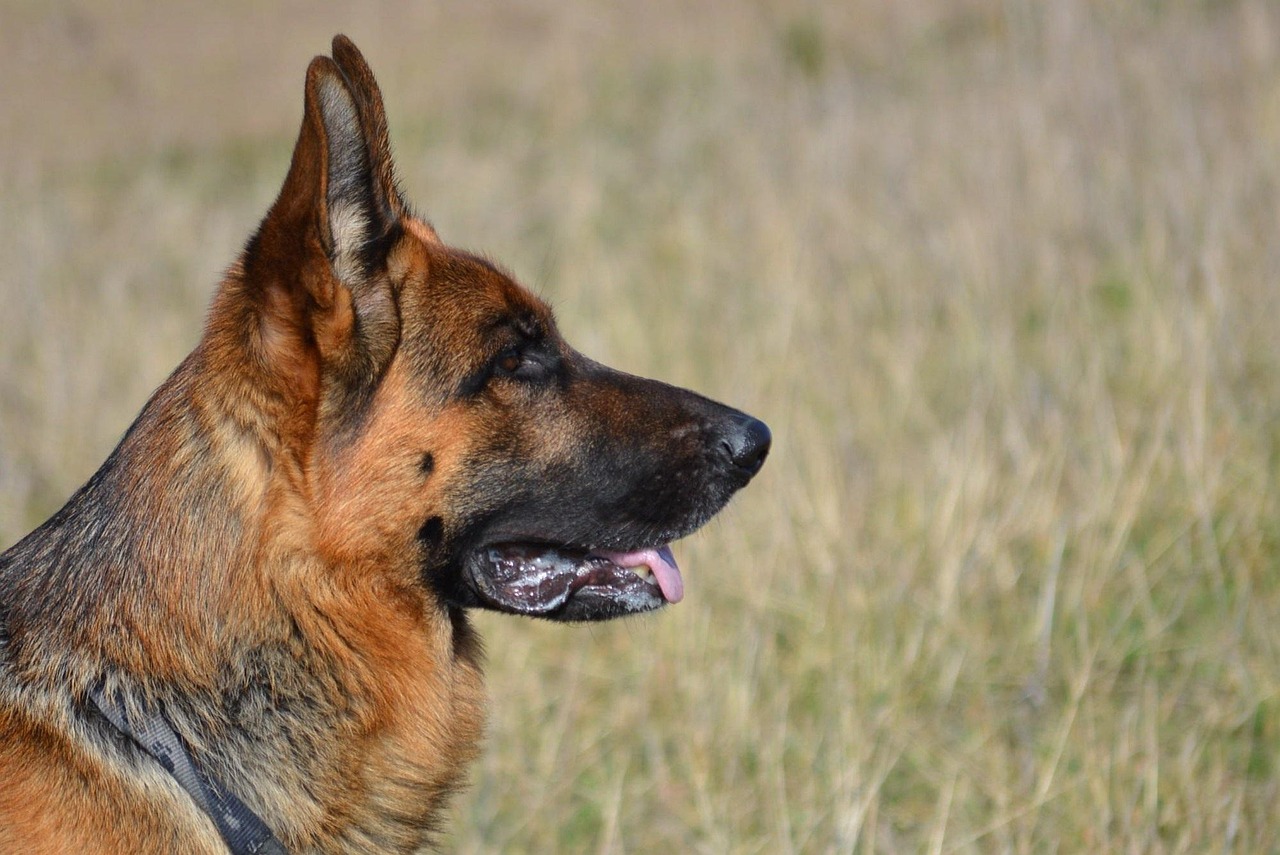
🧬 Adoption vs. Breeder
Adoption:
- Many GSDs end up in rescues because of their energy and training needs
- Check organizations like Shepherds’ Best Rescue Ontario or local shelters
Breeder:
- Choose breeders who test for hips, elbows, and degenerative myelopathy
- Avoid backyard breeders who focus only on appearance (like oversized or sloped-back Shepherds)
Always meet the parents, ask for health clearances, and ask about temperament and training needs.
Final Thoughts
German Shepherds are brave, intelligent, and loyal—but they require leadership, structure, and time. If you’re ready to provide consistent training, daily activity, and a place in your life, a GSD will reward you with devotion and protection like no other.
At Playday Pups in Burlington, we work with several German Shepherds—each with their own quirks, personalities, and strengths. If you’re thinking of adopting one, we’d love to introduce you to a few and talk about what it takes to raise a well-adjusted GSD.

Playday Pups is a boutique dog daycare and home-like boarding service located in Burlington, Ontario. Owned and operated by Tara and Dave, we specialize in creating a fun, safe, and structured environment where dogs can play, relax, and thrive. Whether you’re looking for dog daycare during the workweek or dog boarding for overnight stays, we provide personalized care for every pup. Ready to join the pack? Start by filling out our dog registration form.
☎️ (905) 230-2541 | 📨 hello@playdaypups.ca | 🚗 1234 Advance Rd, Burlington Google MAP
